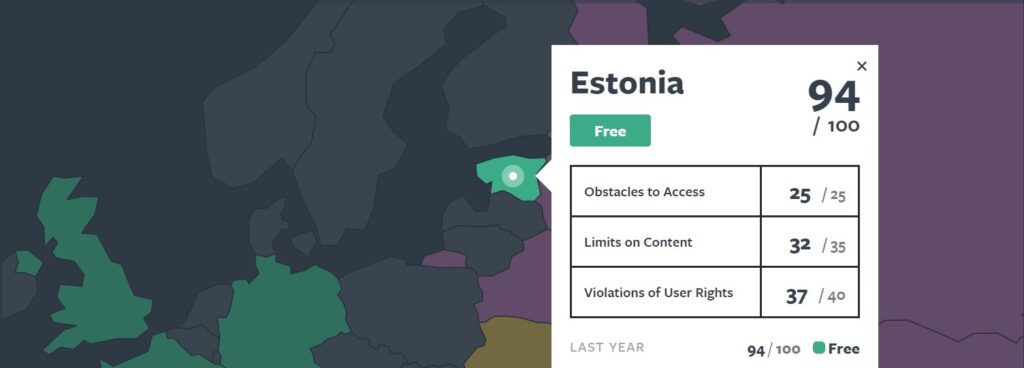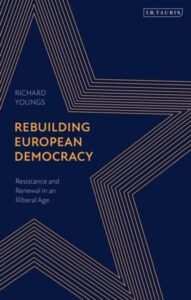The authors of this article urge countries in the Kremlin’s crosshairs to preemptively identify societal vulnerabilities to hybrid warfare. https://t.co/mzvGi6Mz0o
— Texas NatSec Review (@TXNatSecReview) February 2, 2022
How can next generation technologies be deployed responsibly by democratic states? How will rogue regimes and non-state actors look to exploit them and how can democratic governments cooperate in countering their malicious use? How can democratic societies navigate threats from authoritarian adversaries and build resilience to cyber threats? The Brookings Global Forum on Democracy and Technology asks.
Estonia has shown remarkable resilience in the face of historic aggression, according to analysts Salamah Magnuson, Morgan Keay, and Kimberly Metcalf. Regardless of whether deepening social cleavages result from or are independent of external influence, divided societies are less productive and stable and are at elevated risk of interference or exploitation by outside actors.

Estonia ranks second in the world in internet freedom, says Freedom House
The Baltic state is a prime case to demonstrate the effectiveness of using a whole-of-society analysis to identify societal vulnerabilities to hybrid warfare through Motive International’s Social Contract Assessment Tool (SCAT) [and] could serve as a model for how to boost social cohesion and create communities with ingrained resilience to the hybrid tactics of foreign powers, they write for the Texas National Security Review:
[SCAT’s] society-centric framework is useful for policymakers, practitioners, and the public alike, enabling individuals or institutions to understand their society’s strengths and weaknesses with regard to social cohesion. In particular, we urge states that are actively being targeted through hybrid warfare — and their allies — to embrace a society-centric approach to identify vulnerabilities through the lens of weak or problematic social contracts, illuminate opportunities to bolster social cohesion by repairing or reforming these contracts, and, in so doing, boost societal resilience.

Social Contract Assessment Tool (SCAT) Credit: Motive International
The democratic recession is being countered by a surprising degree of democratic resilience, the National Endowment for Democracy’s Strategy for Democratic Renewal observes. Since the spring of 2018, when authoritarian regimes unexpectedly fell in Ethiopia, Armenia, and Malaysia, grassroots protest movements against corruption and unaccountable autocratic governments swept through many countries and regions.
 European institutions, political parties, citizens, and civil society groups have begun to push back in defense of democracy and have developed responses to Europe’s democratic malaise at multiple levels, Richard Youngs contends in his new book, Rebuilding European Democracy: Resistance and Renewal in an Illiberal Age.
European institutions, political parties, citizens, and civil society groups have begun to push back in defense of democracy and have developed responses to Europe’s democratic malaise at multiple levels, Richard Youngs contends in his new book, Rebuilding European Democracy: Resistance and Renewal in an Illiberal Age.
The fightback may be belated, but it is real and has assumed significant traction with various types of democratic reform underway, including citizen initiatives, political-party changes, digital activism, and EU-level responses, he argues.
The REPRESENT seminar series presents a discussion with Richard Youngs (Carnegie Europe / Warwick) and Nic Cheeseman (University of Birmingham). Wednesday 23rd February 2022 (16:30-18:00 GMT) Register here.







